Verdi: Don Carlo (Chailly)
Introduction
Don Carlo (first performed in 1867 and then revised in 1884) has gone through several changes, in Verdi`s lifetime and in the years after. The trouble with the opera to start with was that it was first sung in French in Paris, and was a display-conscious spectacle which satiated the French love for ballet in such pieces.
1884 saw the first Italian translation of the work and from then on it has been sliced up into various modules (by the composer and others) with various degrees of success.
The performance on this DVD is of the 4 Act version (minus ballet , and the original first Act) and overall, it hangs together very well indeed dramatically.
Within a monastery in Spain, we are at the tomb of Emperor Charles V. Don Carlos is in love with his French step-mother, who his father has married for political reasons following a war between the two countries. She was previously betrothed to Carlos, but that`s politics for you. Carlos hears the voice of a monk (who he thinks is his dead grandfather) who tells hiim that true peace can only be found in the hereafter.
Carlos is interrupted by his friend Rodrigo who is attempting to cause a rebellion in Flanders, where Spanish rule is destroying the life of the people. He tries to persuade Carlos to go with him, but Carlos wants to see his mother once more and asks Rodrigo (a confidante of the King) to arrange it.
When Carlos finally sees the Queen, he declares his undying love and naturally she`s a little shocked by this. Carlos is unsuccessful and leaves. The King speaks to Rodrigo, who begs for a more lenient view on the Flemish but the King will have none of it and warns Rodrigo that free-thinking political ideals such as his will attract the attention of the Inquisition. He is quietly impressed by Rodrigo`s honesty though and asks him to look out for Carlos and the Queen, as he has his suspicions.
Soon after, at night, Carlos is approached by a weiled lady who he thinks is the Queen. He declares his love once again but is annoyed to discover that it`s actually the Princess Eboli, who is secretly in love with him. She is naturally distraught to find out that he loves the Queen and vows to have revenge on them both. Rodrigo turns up and tries to calm the situation, asking Carlos to hand him any incriminating evidence for safe-keeping.
The King is celebrating his ascendancy to the throne, and to help things along an auto-da-fe is organised where heretics are burned alive. The procession is interrupted by a group of Flemish deputies, led by Carlos. They plead for clemency from the King, but are all arrested and accused of being rebels. Carlos draws his sword (not the best thing to do in the circumstances) and only Rodrigo can disarm him. Carlos is arrested and Rodrigo is made a Duke for his service.
The King and the Grand Inquisitor meet. The King is desperate for revenge against Carlos and wants him killed. The Grand Inquisitor has no objections but suggests that Rodgrigo is more dangerous and that the King should have him condemned as well.
The Queen rushes in, complaining she has lost her jewelry box. The King has it, and has seen that she keeps a picture of Carlos in there. He is furious but the Queen denies adultery. Eboli has seen what has been going on and decides to admit that it was her who stole the box and then continues to admit that she is, in fact, the King`s mistress and is guilty of everything of which she has been accusing the Queen. Eboli is banished.
Rodrigo visits Carlos in prison and says that as the papers he took off Carlos were found on him, then all blame of rebellion is now on Rodrigo, and Carlos is a free man. Carlos doesn`t believe him, but comes to his senses rather suddenly when Rodrigo is shot. A popular uprising has begun, but the Inquisition quickly puts it down.
Carlos and the Queen meet up for a final time to say goodbye, as Carlos is off to Flanders to continue Rodrigo`s work. The King and The Grand Inquisitor surprise them, and seeing a tender kiss between his wife and his son, accuses them once again of adultery. Carlos can see no way out this time, and after hearing the voice of the monk saying that true peace can only be found in heaven, kills himself.
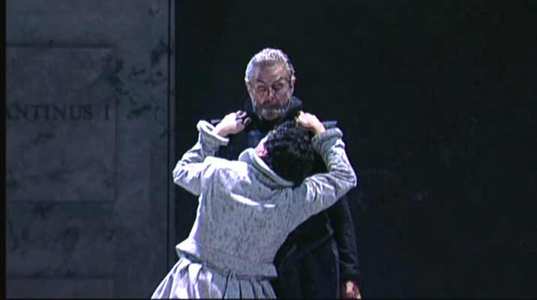
Video
Presented in 16/9 anamorphic, the video quality is excellent (bar a few wobbly moments when the camera moves quickly) and the general grey of the whole set, and costumes, is vividly contrasted with the one shot of blue sky (almost the only sense of freedom Carlos has) and the blood red of the Inquisitor`s robes.
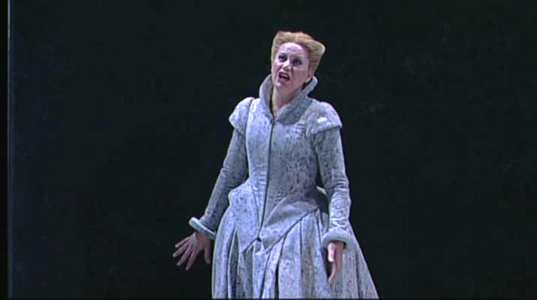
Audio
As usual with Opus Arte DVDs, we can listen in LPCM stero or DTS. The DTS is recommended here.
There are no particular problems, except that at times the orchestra is in danger of drowning out the singers, but being so well played, I have no complaints.
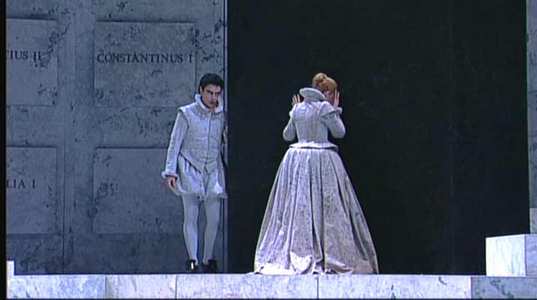
Features
Extras include a 25 minute introduction to the performance, and illustrated synopsis and the usual, but rather pointless, cast gallery. Subtitles are available in English, French, German, Spanish, Italian and Dutch. The DVD also comes with a booklet containing a short essay on the production.
I have one little gripe regarding the opening credits. I wish they hadn`t played the Act 1 duet over the top of them, followed by applause, which led into the applause for Chailly walking into the pit at the beginning. It struck me as being rather cheesy.
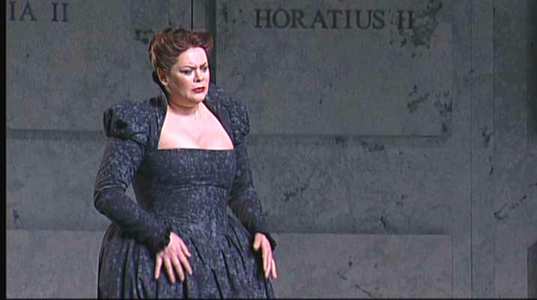
Conclusion
This is a fantastic performance of Don Carlo, with a hugely impressive production which uses constant reminders of death, sacrifice and fidelity in various guises. A shame that some of the scenery movements were so loud that it got in the way of the music, but these moments were few and far between.
Musically, it is almost perfect. Riccardo Chailly`s reading of the score let`s the music breathe naturally, and the splendid playing by the Royal Concertgebouw Orchestra on its own is worth buying this disc.
There is also not a weak spot amongst any of the cast. Rolando Villazón (Carlo) plays the troubled (the real Don Carlos was a psychopath) but heroic title role perfectly and is well matched by all the other principal singers. Robert Lloyd (King Charles) perhaps sounds a little tired, but it`s one of Verdi`s greatest bass roles and he gives it everything he has. Dwayne Croft (Rodrigo) saves his best until last, when he dies after singing one of the most beautiful arias Verdi wrote, and the two leading women, Amanda Roocroft and Violeta Urmana are quite superb as the Queen and Princess Eboli.
This has to be one of Opus Arte`s best releases so far. Recommended.
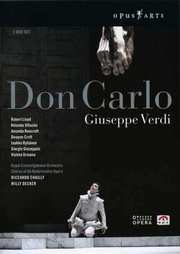
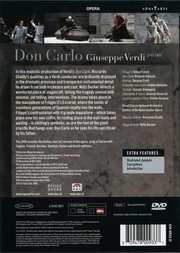




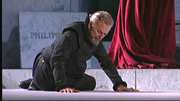
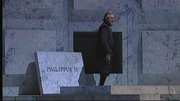
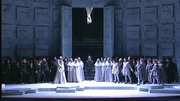
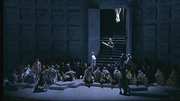
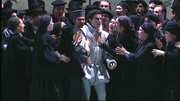
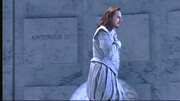
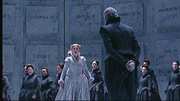
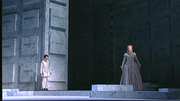
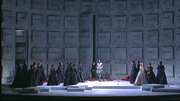
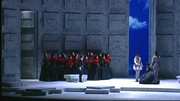
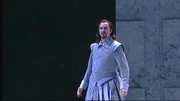
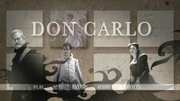






























Your Opinions and Comments
Be the first to post a comment!